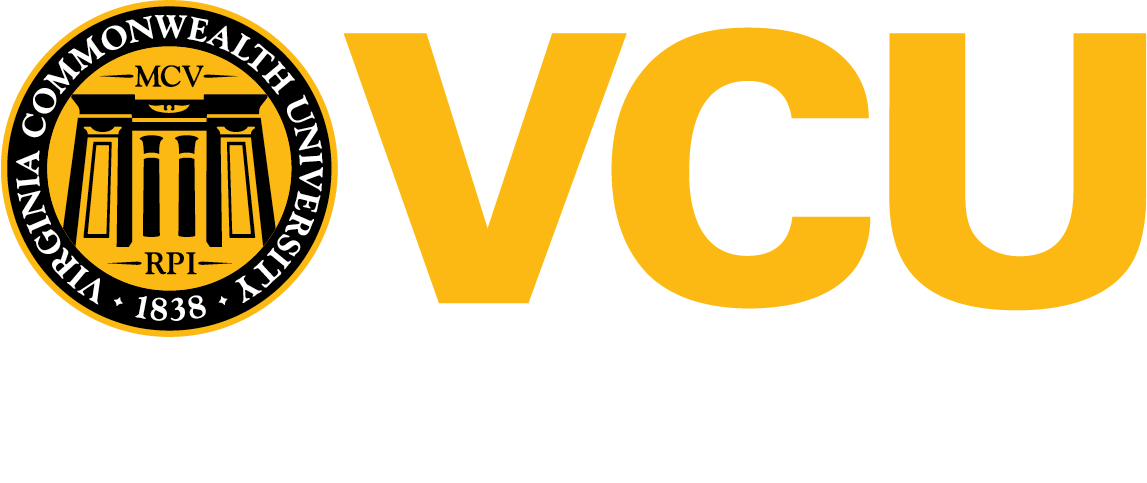What are the Purposes of a Syllabus?
A syllabus is a sometimes overlooked but nevertheless influential document in course development (Kim & Ekachai, 2020). According to Parkes and Harris (2002) a syllabus traditionally serves three purposes:
- A contract between instructor and student that clearly defines communication policies and expectations for students.
- A permanent record that documents course content for instructor accountability and accreditation purposes.
- A learning tool that establishes a schedule of learning activities and assists students with self-management in their learning.
VCU Online sees the syllabus as being particularly significant as a learning tool. This type of syllabus is defined as a Learning Focused Syllabus (LFS) and encourages instructors to connect with students by creating “clear, measurable learning objectives; robust assessment and activity descriptions; a detailed course schedule…; an inviting, approachable and motivating tone; and a focus on student success” (Wheeler, Palmer, & Aneece, 2019).
In line with this thinking, VCU Online has developed a syllabus template that not only takes into consideration the traditional views of syllabus, outlined by Parkes and Harris (2002), but also considers the application of the syllabus in an online teaching environment. It contains elements typically included in a syllabus, such as required materials, instructor contact information and course description. It also contains elements that are particularly important to the online teaching environment, like technology requirements, support resources, and detailed assignment descriptions.
This syllabus has also been created with accessibility in mind. It is, for example, already formatted with appropriate headings to assist students who utilize screen readers. All links within the syllabus are also descriptive text, rather than just links.
We encourage you to make a copy of this document as a starting place for creating your online syllabus. You should fill in all of the sections in this document and, of course, add your own sections as needed. As you craft your syllabus, remember to ask yourself: what information do my online students need to succeed?
Resources
Eberly, M. B., Newton, S. E., & Wiggins, R. (2001). The syllabus as a tool for student-centered learning. Journal of General Education 50 (1), 56-74.
Fink, S. B. (2012). The many purposes of course syllabi: which are essential and useful? Syllabus, 1(1), 1-12
Gunawardena, C.N. (1995). Social Presence Theory and Implications for Interaction and Collaborative Learning in Computer Conferences. International Journal of Educational Telecommunications, 1(2), 147-166. Charlottesville, VA: Association for the Advancement of Computing in Education (AACE).
Jay Parkes & Mary B. Harris (2002) The Purposes of a Syllabus, College Teaching, 50:2, 55-61.
Kim, & Ekachai, D. “Gee.” (2020). Exploring the Effects of Different Online Syllabus Formats on Student Engagement and Course-Taking Intentions. College Teaching, 68(4), 176–186.
Wheeler, Lindsay B.; Palmer, Michael; and Aneece, Itiya (2019) “Students’ Perceptions of Course Syllabi: The Role of Syllabi in Motivating Students,” International Journal for the Scholarship of Teaching and Learning: Vol. 13: No. 3, Article 7.
Hungry for more?
Please check out our website for more details about course and support services. For any other questions please contact onlinefaculty@vcu.edu

